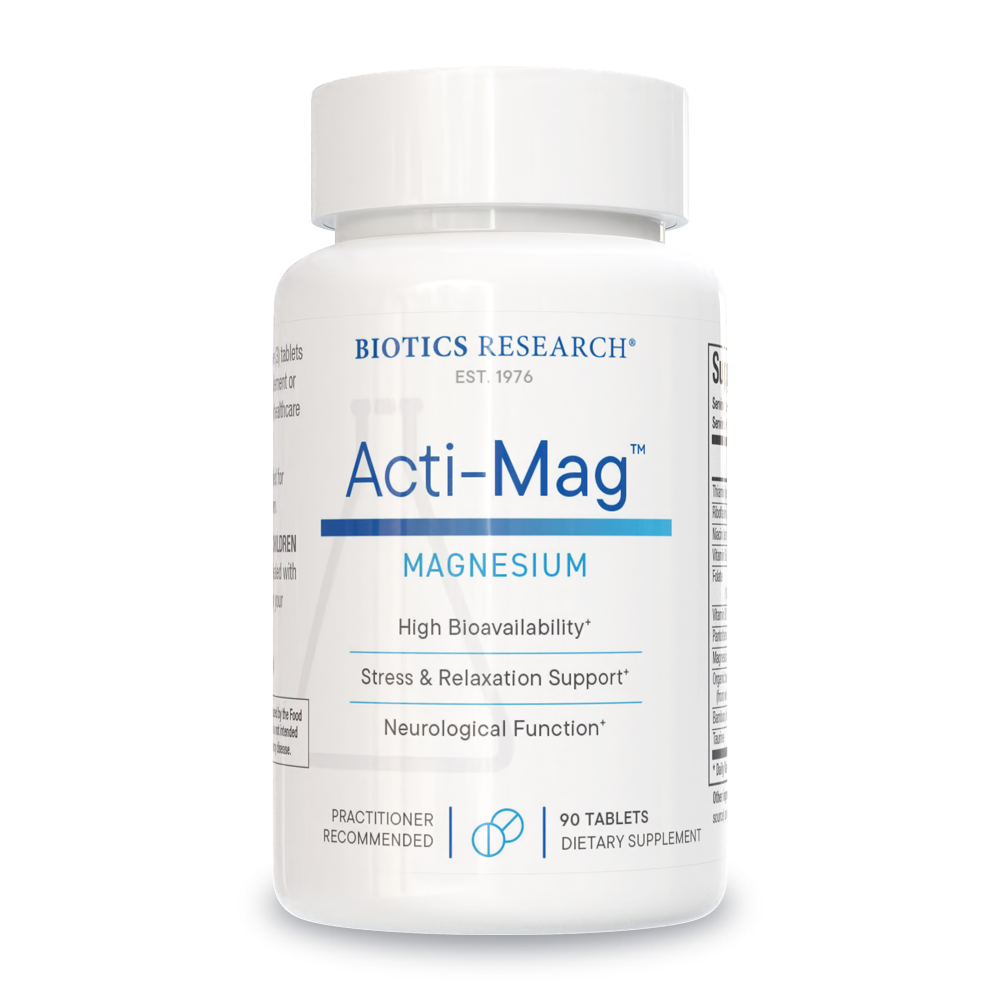
Results of a 1 year randomized and double-blind controlled clinical trial were recently published in Nutrients, describing the effectiveness of a specific form of vitamin K2, menaquinone-7 (MK-7), on vascular stiffness and blood pressure among postmenopausal women. Two-hundred forty-three participants were enrolled, both men and women, but a post-hoc analysis was conducted to specifically compare differences between pre/perimenopausal women (78) and post-menopausal women (87).
Additionally, all women included in the analysis were selected for poor vitamin K status, indicated by plasma desphospho-uncarboxylated matrix Gla protein (dp-ucMGP) levels greater than 400 pmol/L. Decreased carboxylation of vitamin K-dependent enzymes has been linked to several chronic diseases, including cardiovascular disease, hypertension, and osteoporosis. For 1 year, participants received 180 µg of MK-7 per day or a placebo. Several assessments of vascular health were performed at baseline and after 1 year, including regional carotid-femoral (cf-PWV) and carotid-radial (cr-PWV) pulse wave velocities and an ultrasound examination of the carotid artery (intima–media thickness, stiffness, etc.).
After 1 year, MK-7 supplementation was associated with a reduction in dp-ucMGP among all women compared to placebo. Menopause was associated with an adverse effect on vascular health, marked by a significant increase in vascular stiffness, blood pressure, intima–media thickness, etc. The increase in arterial stiffness was attenuated with MK-7 supplementation (+9.4% vs. +49.1% with placebo), with the greatest effect observed among women with a high stiffness index. These women also had a significant reduction in blood pressure and an increased distensibility coefficient (arterial ability to contract/expand) with supplementation (both worsened with placebo). Overall, this study suggests that arterial health is adversely impacted by menopausal status, and that MK-7 supplementation may mitigate the decline in arterial health, especially among women with low vitamin K status.
 Shop
Shop
-1.png)




Submit your comment